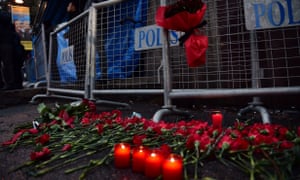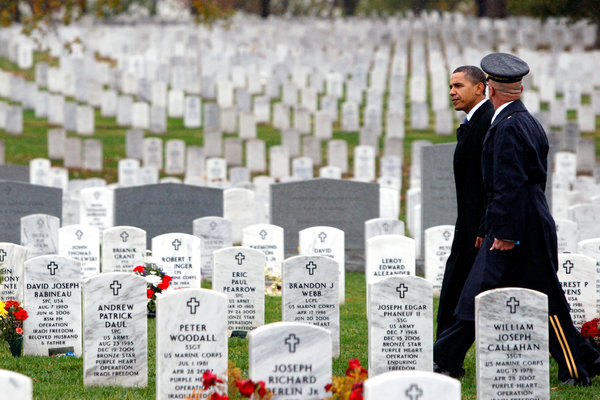- Failed military coup, foreign policy setbacks and a string of terrorist atrocities have left country reeling
The Guardian
Simon Tisdall

The New Year’s Eve attack on an Istanbul nightclub concluded a dreadful year for Turkey, during which the country was shaken by a failed military coup, a policy setback in neighbouring Syria and a string of terrorist atrocities.
No group has yet claimed responsibility for Saturday night’s attack, but suspicion will fall on Islamic State. The group repeatedly struck at Turkish cities in 2016 in retaliation for Ankara’s support for international efforts to suppress its activities in Syria and Iraq.
Given recent history, an extremist Kurdish nationalist group known as the Freedom Falcons, or TAK, could also be in the frame for the attack. It claimed responsibility for bomb explosions outside a football stadium in Istanbul that killed 45 people in December, and a car bomb attack in Adana the previous month.
The TAK, a breakaway faction of the outlawed Kurdistan Workers’ party (PKK), says it is responding to a harsh crackdown by the army and police in Kurdish areas of south-eastern Turkey. The crackdown, which displaced thousands of civilians, followed the collapse in 2015 of a ceasefire between the PKK and the government of Recep Tayyip Erdogan, Turkey’s president.
In all there were several dozen serious terrorist attacks in Turkey in 2016, often targeting the police and army but just as often hitting civilians. Government officials have also pointed the finger of blame for some attacks at Syrian Kurds. They claim the Syrian Kurd People’s Protection Units (YPG) are allied to the PKK and share its aims of carving out autonomous Kurdish areas in Syria and Turkey.
Turkey’s military intervention in northern Syria by ground and air in 2016 inflamed the situation. It was ostensibly designed to assist the fight against Isis. But Erdogan’s main purpose in ordering the only direct Syrian intervention by any Nato member country was to contain the YPG’s territorial advances and prevent any linkup with the autonomous Kurdish areas of northern Iraq.
This effort is still under way. The YPG were specifically excluded from the Syria ceasefire jointly brokered by Turkey, Russia and Iran last week. But it remains unclear whether Erdogan’s effort will be successful. What is clear is that Erdogan’s manoeuvrings have brought Turkey into conflict with its long-time ally the US, which does not not share Ankara’s view of the YPG as terrorists but sees them as useful anti-Assad fighters. US material and weapons support for the YPG provoked Turkish protests.
Erdogan’s intervention has also brought strains with Iran, Turkey’s historical rival dating back to the time of the Ottoman and Persian empires. Although both governments oppose Kurdish minority aspirations, Sunni Muslim Turkey resents Shia Iran’s increasing influence in Iraq and Syria and in other areas it views as within its traditional spheres of influence.
Viewed overall, Erdogan’s Syrian policy flopped badly in 2016. In the light of the Russian and Iranian-led battlefield successes, notably the fall of Aleppo, Erdogan was forced to freeze his key demand that Assad step down. And having burned his bridges with Washington, he has also been obliged to throw his weight behind Moscow’s peacemaking efforts.
But the assassination of Russia’s ambassador to Turkey in Ankara last month by a man shouting “Remember Aleppo” underlined how fragile the bilateral relationship – in tatters a year ago after a Russian warplane was shot down – remains.
Domestically, an attempted army coup last summer almost succeeded in toppling Erdogan. The wave of repression that followed including the jailing of thousands of alleged supporters of the exiled cleric Fethullah Gulen and a ruthless crackdown on the judiciary, academia and the media.
Erdogan has accused the HDP, the leading pro-Kurdish party, of supporting the PKK, and several of its leaders were detained. At the same time, he continued to push through constitutional changes designed to give him quasi-autocratic presidential executive powers.
Meanwhile, attempts by Turkish officials to implicate the Obama administration in the coup attempt, because of its refusal to extradite Gulen, further strained ties with Washington. Erdogan fell out simultaneously with the EU over sharp European criticism of post-coup human rights abuses.
As the new year begins, Erdogan appears set on strengthening his grip on power, by both democratic and undemocratic means, and pursuing his onslaught against the Kurds inside Turkey and in Syria.
In a statement issued after Saturday night’s attack, he vowed to “fight to the end” against terrorists whose aim he said was to “create chaos and destabilise the country”.
But Turks heard tough-sounding language of that kind from Erdogan on too many similar occasions in 2016. More and more people may conclude that it is the president’s failed, divisive policies that must change if the carnage is to end.



